As tensions flare between India and Pakistan following the deadly terror attack in Pahalgam, Russia finds itself walking a diplomatic tightrope. Moscow’s dual outreach—calls for dialogue from Foreign Minister Sergey Lavrov and strong support for India from President Vladimir Putin has sparked debate over whether the Kremlin is subtly recalibrating its traditionally firm alignment with New Delhi.
While Lavrov’s call for bilateral talks drew mixed reactions in India, Putin’s emphatic condemnation of the attack and assurance of solidarity with Modi have sought to reaffirm the “special and privileged” India-Russia relationship amid a shifting geopolitical equation.
Lavrov’s diplomatic outreach
In the aftermath of the April 22 attack in Pahalgam, which claimed the lives of 26 people, Lavrov reached out to both Indian External Affairs Minister S. Jaishankar and Pakistani Foreign Minister Ishaq Dar. Lavrov emphasised the importance of resolving disputes through political and diplomatic means, referencing the 1972 Shimla Agreement and the 1999 Lahore Declaration as frameworks for bilateral engagement.
This approach, while consistent with Russia’s historical stance on India-Pakistan relations, was perceived by some in New Delhi as a deviation from Moscow’s traditionally unequivocal support for India, especially given the gravity of the Pahalgam attack.
Putin’s reassurance to India
However, in what appears to be a damage-control move, Russian President Vladimir Putin spoke to PM Narendra Modi on Monday, strongly condemning the Pahalgam attack and offering full support in bringing the perpetrators to justice. The Kremlin’s statement notably omitted any mention of mediation, instead aligning squarely with India’s counterterrorism stance. He also emphasised the necessity of bringing the perpetrators and their supporters to justice. He also accepted PM Modi’s invitation to visit India later this year, signalling a commitment to strengthening bilateral ties.
A test for India-Russia’s special and privileged ties
Historically, Russia has been India’s most reliable defence partner, supplying nearly 50% of India’s military hardware over the decades. Even as India diversifies its arms imports, Moscow remains crucial, evidenced by the recent Igla-S missile delivery to the Indian Army. The Very Short-Range Air Defence Systems (VSHORADS), worth ₹260 crore, were fast-tracked under emergency procurement, highlighting the strategic depth of bilateral defence ties.
Complex geopolitics
Moscow’s neutral rhetoric on Kashmir contrasts with its unambiguous support for India on terrorism, reflecting a delicate balancing act between New Delhi’s concerns and its geopolitical interests.
As Russia reaffirms its strategic partnership with India, it also seeks to maintain cordial relations with Pakistan, experts said, adding that for India, Russia’s actions serve as a reminder of the complexities inherent in international diplomacy. While Moscow remains a trusted ally, experts believe that New Delhi must consider these nuances to ensure its national interests are upheld.


)
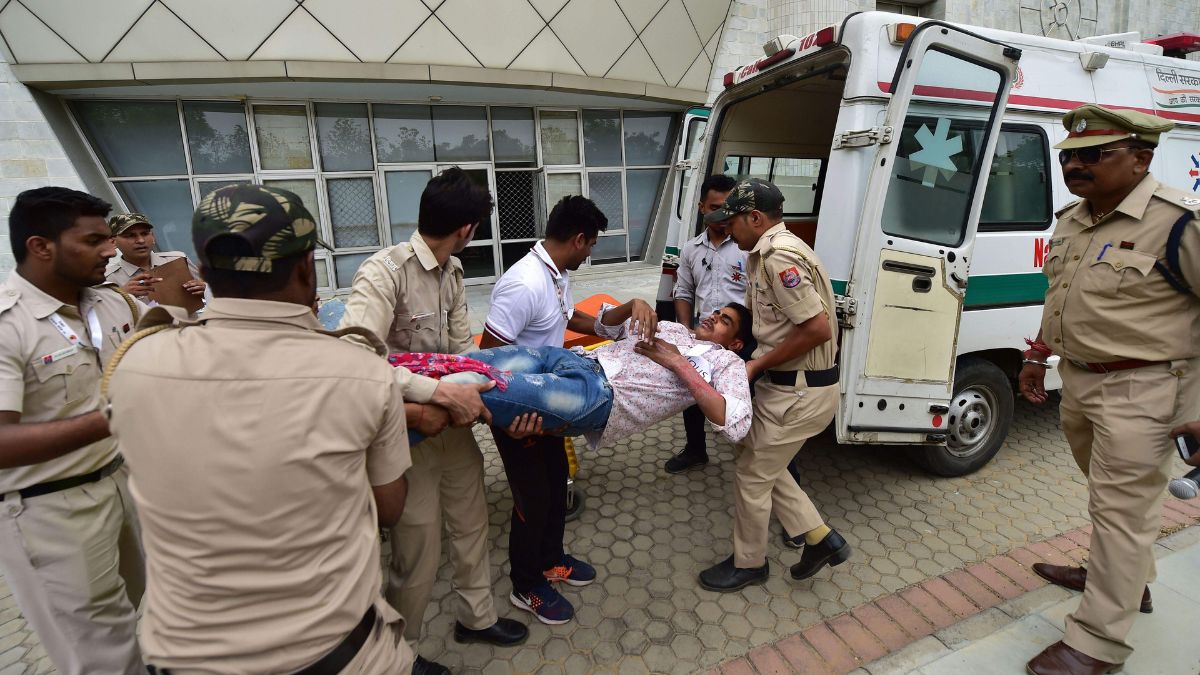)
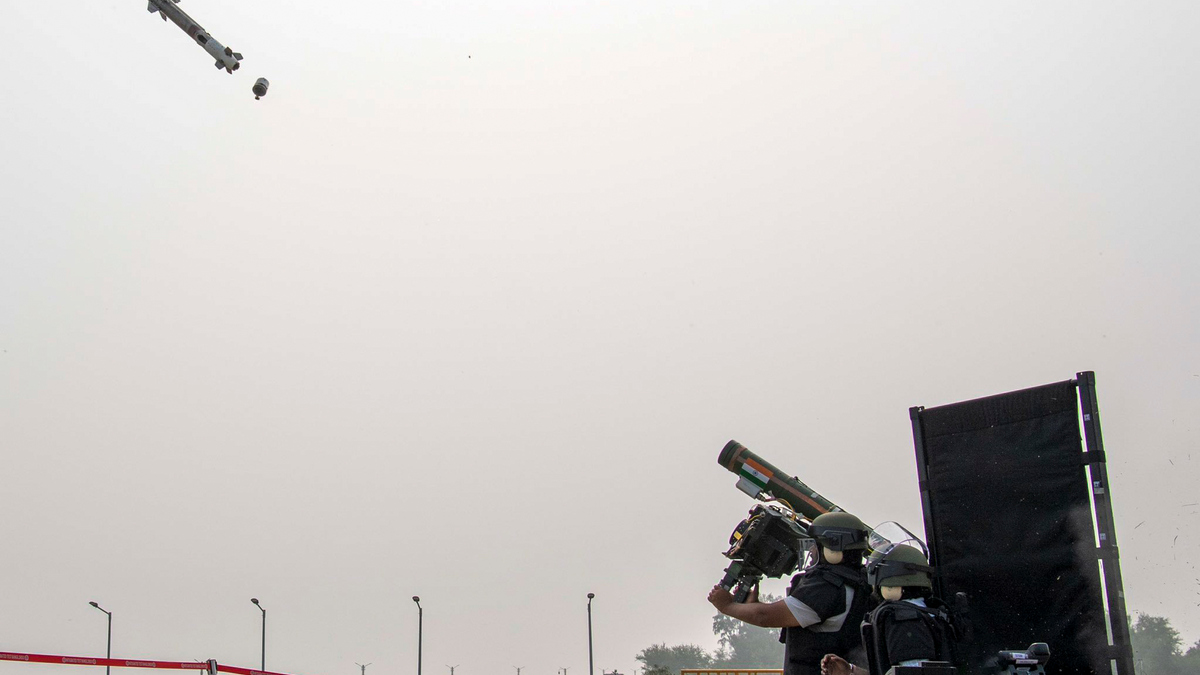)
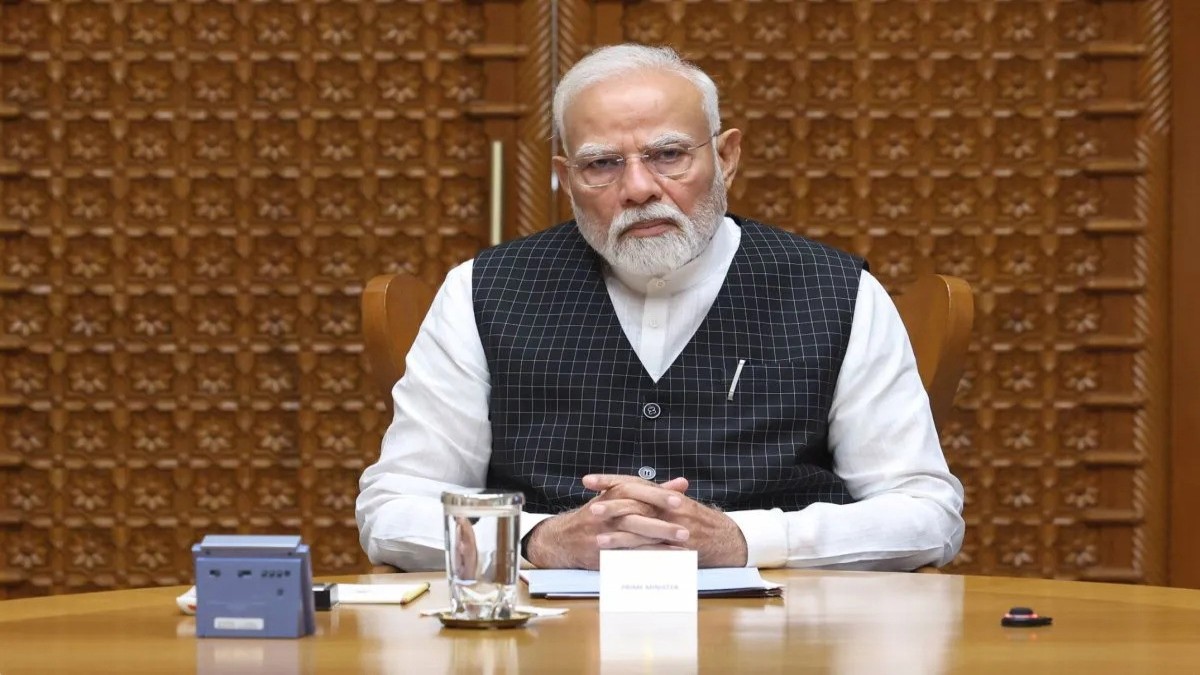)
)
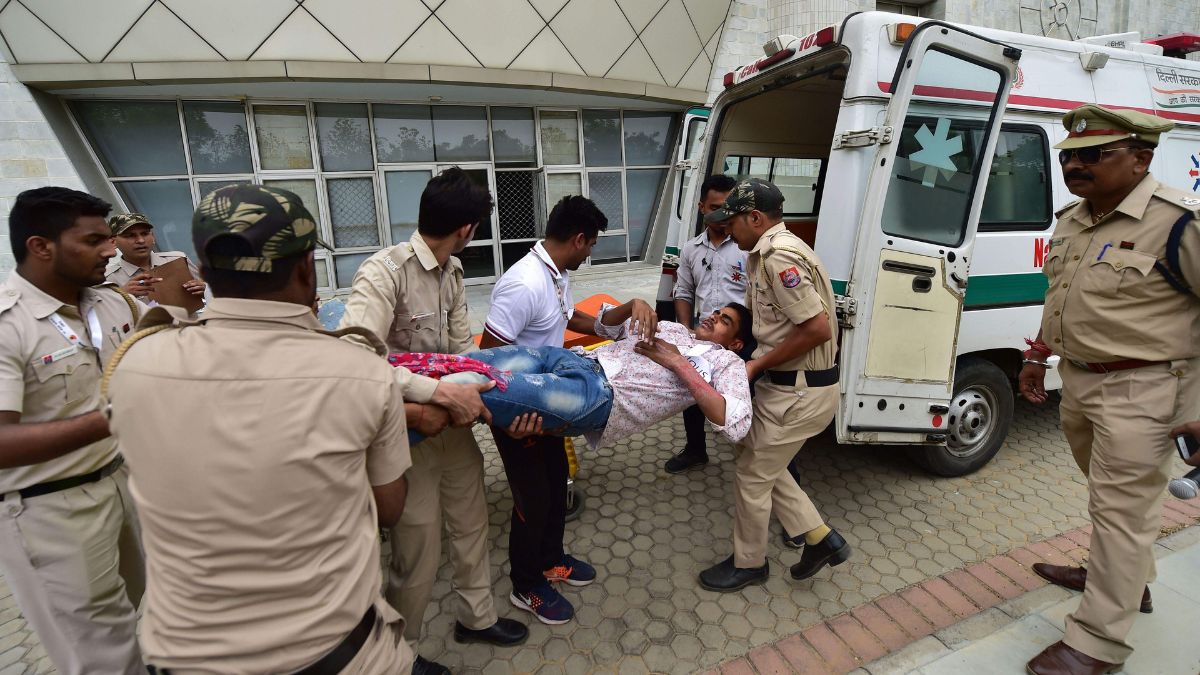)
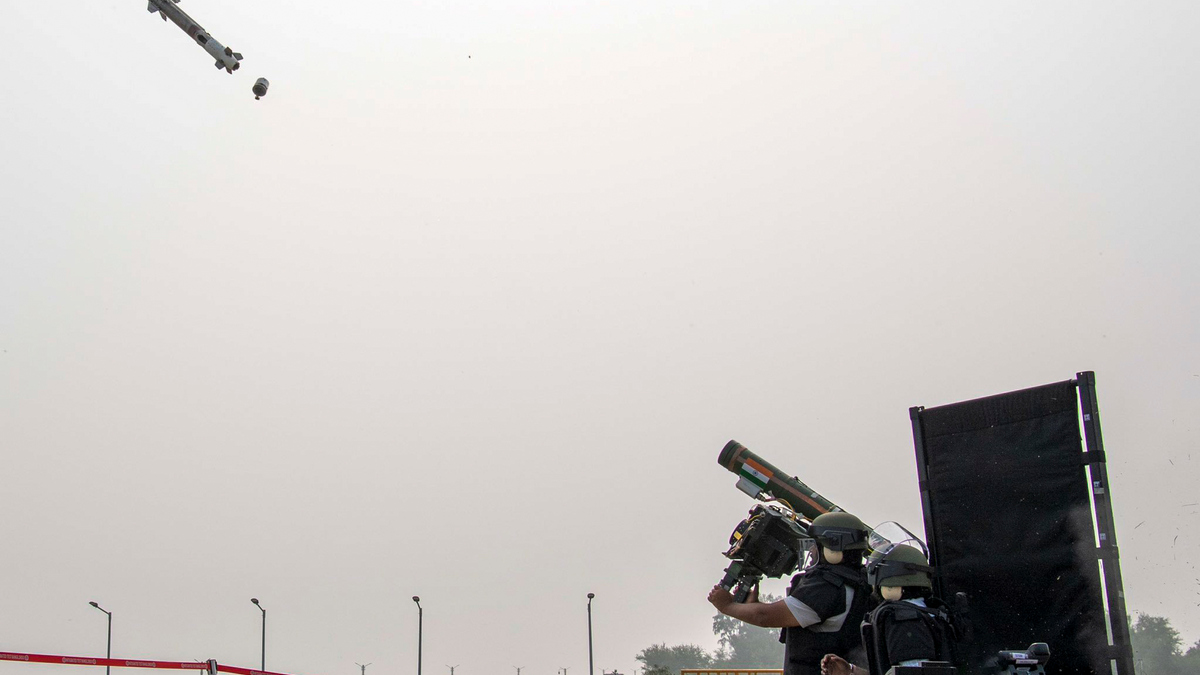)
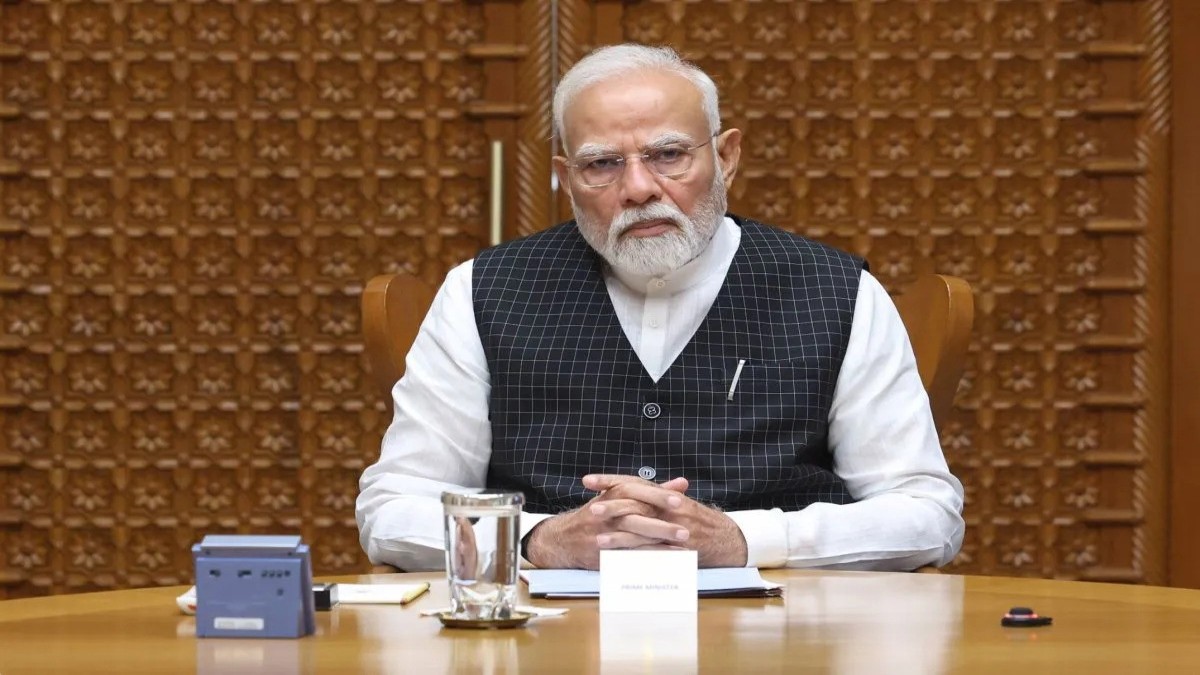)
)